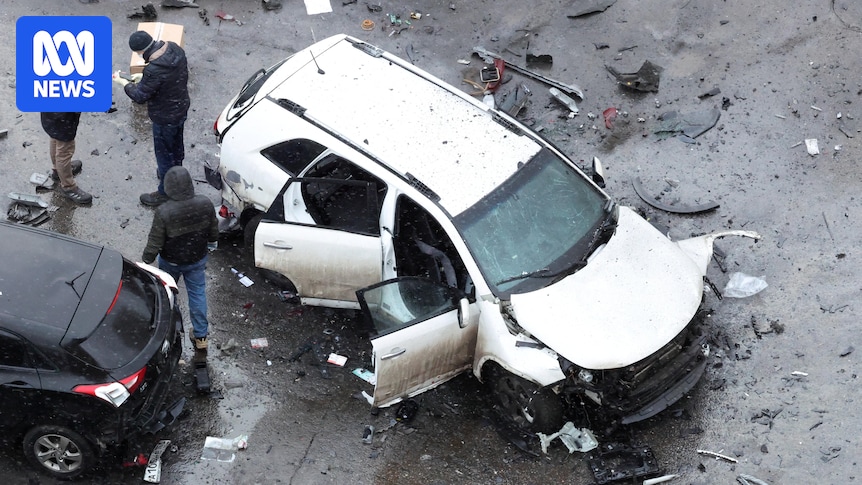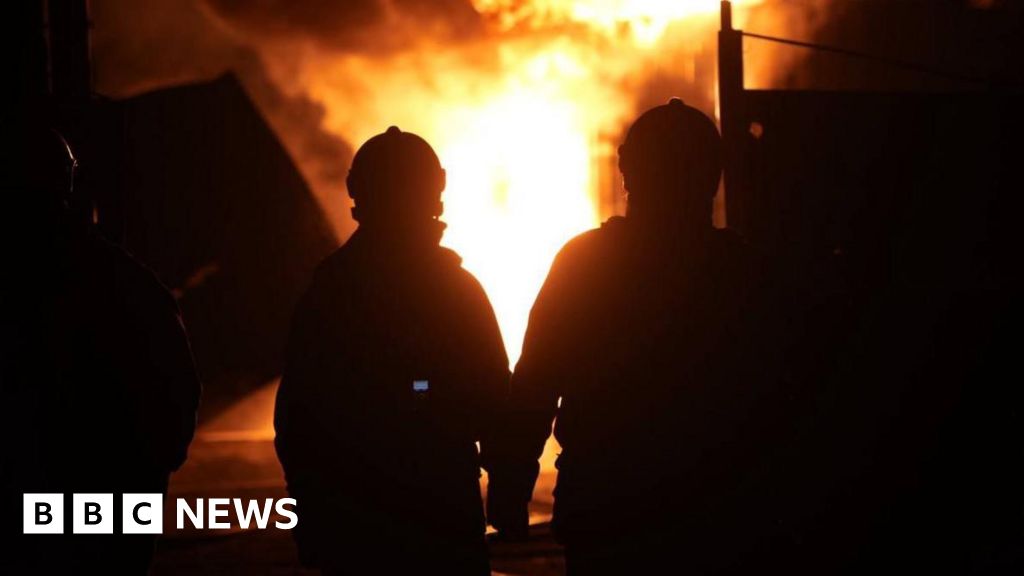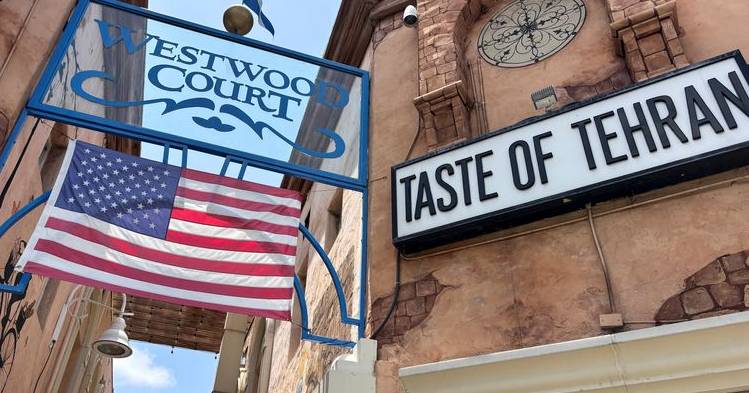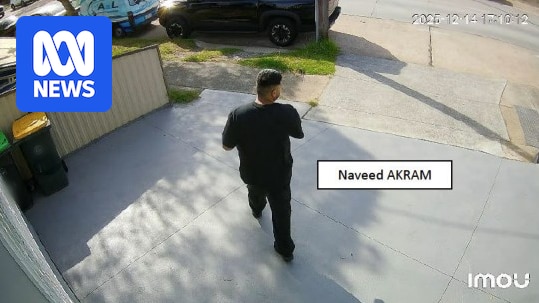A car bomb has killed a senior Russian general in Moscow as officials report “slow progress” in ceasefire talks with the United States on how to end the war in Ukraine.
Top negotiators from both Russia and Ukraine were in Miami over the weekend…

A car bomb has killed a senior Russian general in Moscow as officials report “slow progress” in ceasefire talks with the United States on how to end the war in Ukraine.
Top negotiators from both Russia and Ukraine were in Miami over the weekend…

Russia has intensified its strikes on the southern Ukrainian region of Odesa, causing widespread power cuts and threatening the region’s maritime infrastructure.
Ukrainian Deputy Prime Minister Oleksiy Kuleba said Moscow was carrying out…

The city and village council elections in May will also be held independently of the presidential race for the first time, a change that further distinguishes them from previous electoral cycles.
City council contests are significant to political…

Police are beginning to piece together the movements of the Bondi Beach gunmen in the lead-up to the massacre that killed 15 people and injured a further 40.
In court documents made public on Monday, the NSW Police Force’s statement of facts shed…